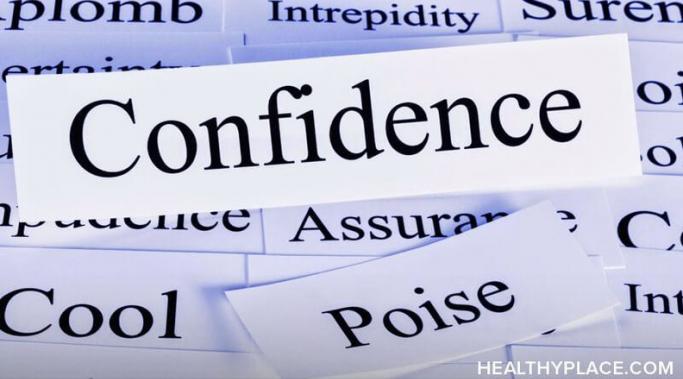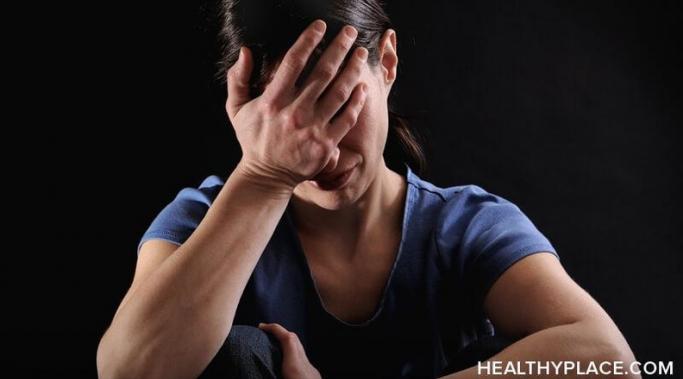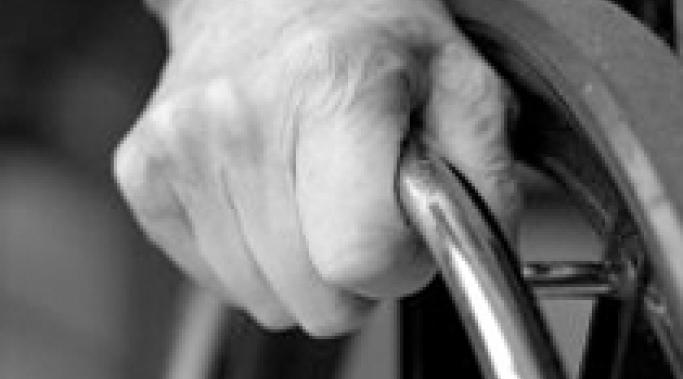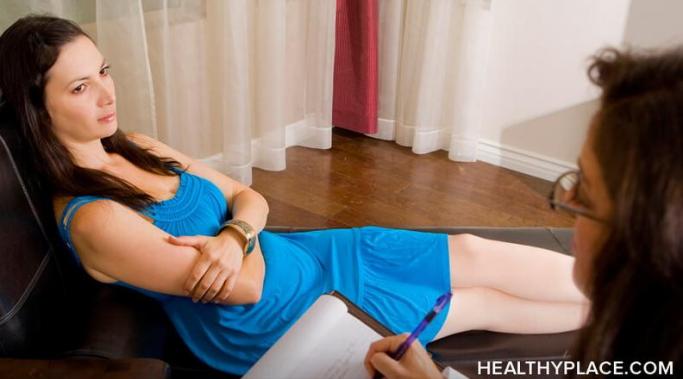Blogs
Anthony D'Aconti
Depression and anxiety often go hand-in-hand. The symptoms of anxiety can lead to depression and vice versa. According to recent insight from Google, the colder, shorter months of winter undoubtedly lead an increased number of people to search the web for information on seasonal depression. Interestingly, the same Google statistics show that search volume for anxiety remains relatively the same during the cold winter months as compared to the summertime. The paradox is that winter also brings on the stressful and anxiety-provoking holiday season.
What can you learn from self-help experts about confidence? A lot! They have helped millions develop and build happier and more fulfilled lives, and they can help you too.
Thanksgiving means different things to different groups, all protestations notwithstanding.
For Native Americans it is a reminder that simple acts of generosity can result in the loss of a homeland.
For turkeys it is an opportunity to sacrifice in service to the nation, a sacrifice made freely because among turkeys it is well understood that pleasing humanity is the ultimate responsibility, indeed, the highest calling, for all animals.
Among alcoholics, Thanksgiving is known as the official start of Drinking Season, which does not conclude until the very last play of the Super Bowl.
No matter which disorder, illness, condition, syndrome, or demon nips at your heels, Thanksgiving has much to offer. Take gluttony as an example, flagship of the Thanksgiving neurosis armada. Thanksgiving unapologetically celebrates the American desire to have too much of everything now until it is gone.
This time of year is supposed to be special and joyful and full of fun. We all have our own ideas of the perfect holiday, the perfect family get-togethers and conversations, the perfect meal (Dealing with Bipolar at the Holidays – Expectations). But then life gets in the way and we’re all wrenched from our festive holiday bubble.
Twice lately I have heard people say that the secret to curing depression is just keeping yourself wickedly busy. If you’re busy enough, they say, you’ll have no time to be depressed. (I didn’t realize that one needed to book an appointment for depression.)
This, of course, is absolutely hogwash and just one of the dumb ideas that people with no experience with major depression have. It’s just one of the ideas we have to politely roll our eyes at and then get on with the business of actually treating our depressions.
I was raised Christian right-wing conservative, complete with the anti-government aid viewpoint—I was taught this was socialism, which every good American knew meant “communism,” which every good American knew was evil, anti-Christian and would enslave us all. I also sincerely believed that people on government aid should just get a job and stop mooching off the taxpayers.
My attitude has since changed, largely because I've learned three things people don't know about Social Security disability.
Previously, I proposed that trust of your therapist is necessary if you are to achieve the success you hope for when engaging their services (Therapy's First Obstacle: Trust My Therapist? No Way!). At the least, you hope for reduction of the undesirable trauma and/or PTSD symptoms which bring you to therapy in the first place. You should also hope to regain at least some of what you've lost because of the intrusion of these symptoms into your daily life. Working collaboratively and cooperatively on these important, challenging goals with your therapist is the only reasonable plan for you to adopt if you want therapy to work.
For me, calling for back up is very difficult. But, when parenting a child with mental illness and feeling like I'm not able to deal, calling for back up is the best thing I could do. If you're like me, you have a hard time asking for help because you want to make sure everything gets done right. The hardest challenge I've had in parenting Bob is being comfortable asking for help. Below are some reasons why making a call for back up can be good for you.
The holidays are upon us with the party season in full swing and it can be a frightening time for someone suffering or recovering from an eating disorder. Most of you must know by now that I consider myself recovered and that I've maintained recovery from bulimia for over 5 years. However, that is no to say that I don't have some moments or even days when I feel more vulnerable to some potential eating disorder triggers; especially during the holidays
The effects of adult ADHD can be so destructive, especially when mixed with depression. So many times, we hear the symptoms of adult ADHD described simplistically. You know them:
Inattention
Boredom
Impulsiveness
Anger Issues
The list goes on, but what people don't understand is that these symptoms, taken in their entirety, can have a profoundly negative impact on the person with adult ADHD.







